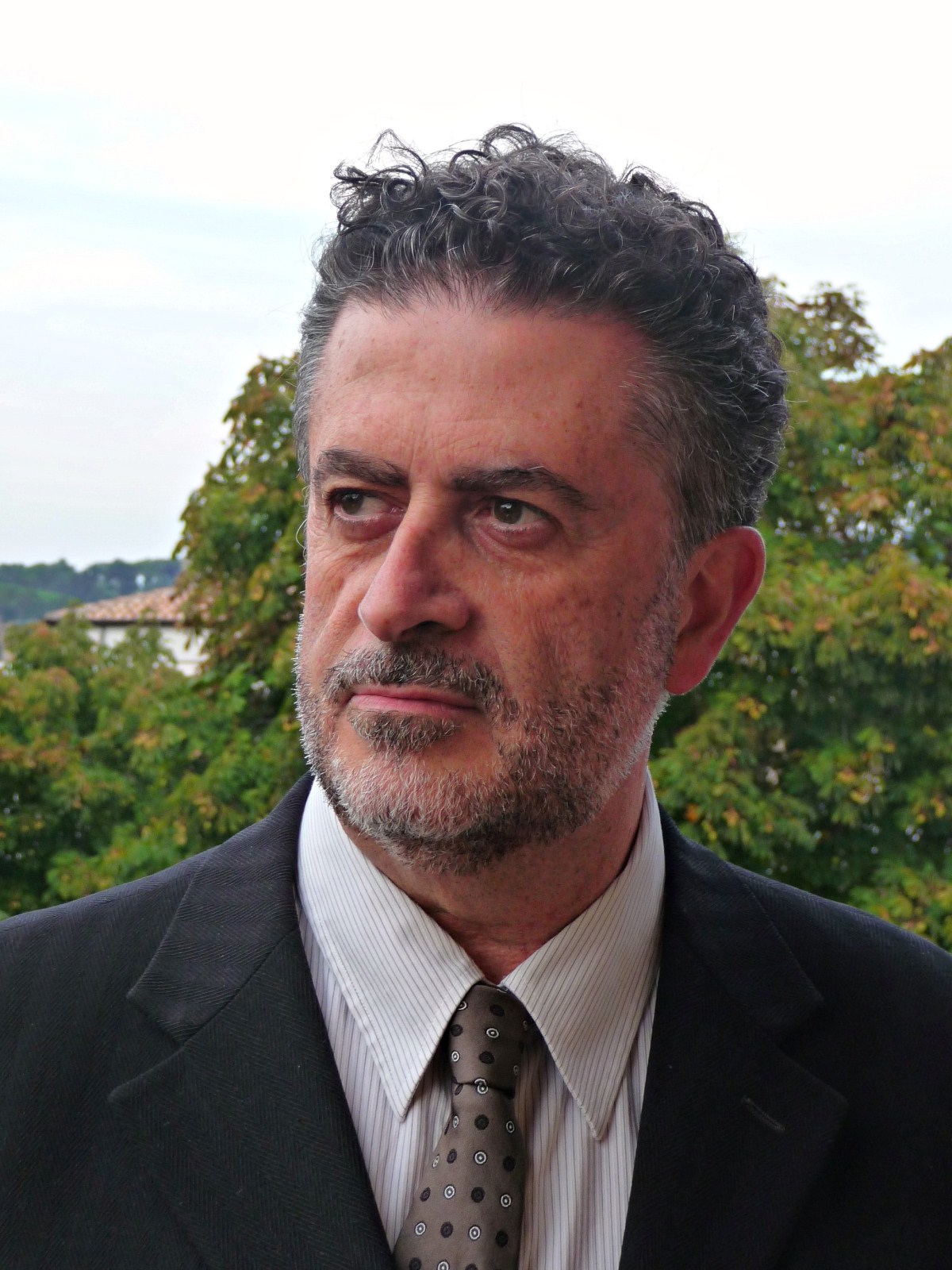
Gravitational waves from the merging of a binary black hole system were detected in 2015 giving birth to a new way of studying our Universe. Moreover, in 2017 the correlations of the gravitational waves from the coalescence of two neutron stars with the rich electromagnetic counterparts marked the beginning of multi-messenger astronomy. The Einstein Telescope (ET) is a proposed European ground-based gravitational-wave observatory of third-generation to explore the universe with gravitational waves up to cosmological distances. It is an evolution of the present second-generation detectors such as Advanced LIGO, Advanced Virgo, and KAGRA, leading to a sophisticated design including optimum site selection, and could be operating in the mid 2030s. The needed technologies, the main scientific objectives and the potential for discoveries in astrophysics, cosmology and fundamental physics will be presented.
Host: Francesco Iachello (francesco.iachello@yale.edu)